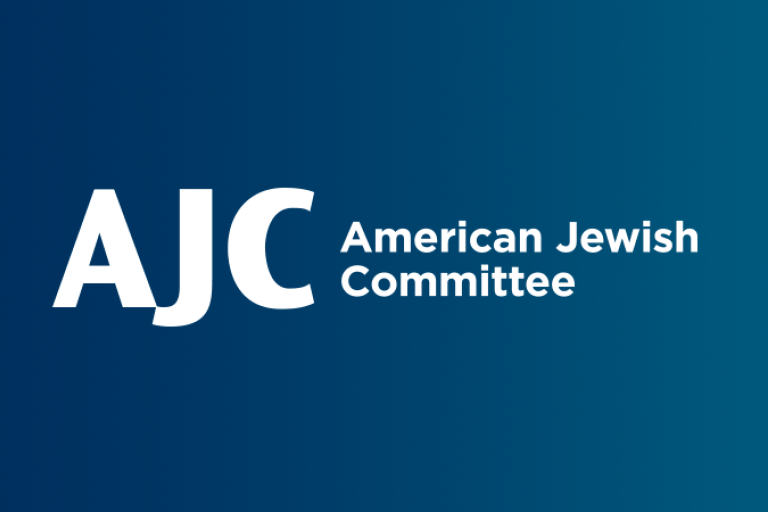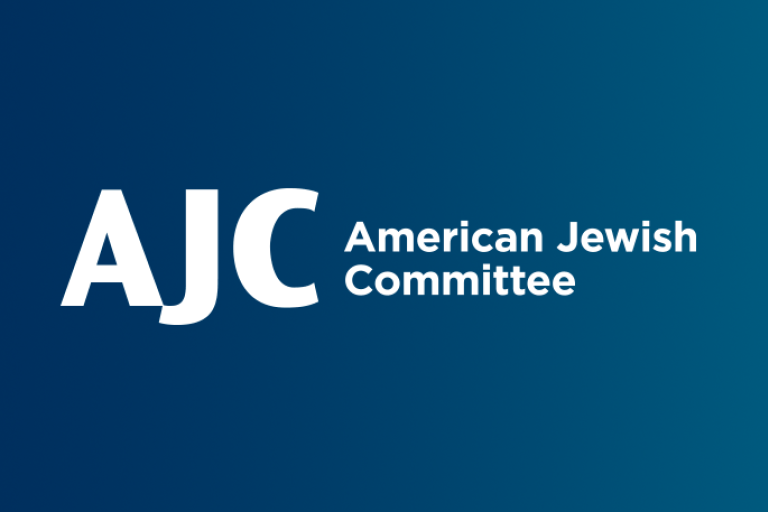February 12, 2021 — San Jose, California
This piece originally appeared in CalMatters.
By Sam Liccardo and Jeff Rosen
When the coronavirus pandemic struck last March, a series of attacks on Asian Americans demanded a firm response. The Santa Clara County District Attorney’s office produced a public service announcement cautioning against blaming the COVID-19 outbreak on a particular group.
“When you attack a member of our community because of their ethnicity, the color of their skin or where you think someone is from, then you have attacked us all,” declared the voiceover.
Here in one of the most diverse communities in California, speaking out without hesitation and mobilizing our constituencies to confront hate is a priority for elected officials. Unfortunately, the unforgiving assaults on Asian Americans is not unique.
Persistent antisemitism is a particular concern. History has shown time and again that the targeting of Jews does not end with Jews. Antisemitism is a societal problem, one that regrettably has emerged with unsettling regularity in the United States today.
More than 76 years after the Holocaust, antisemitism is again on the rise. According to the latest FBI Hate Crimes Statistics report, American Jews, comprising less than 2% of the American population, were the victims of 60.2% of anti-religious hate crimes in 2019.
During the pandemic, hate crimes continue to rise. In 2020, Santa Clara county recorded the highest incidents of hate crimes in a decade. Antisemitic conspiracy theories have been rampant. The claim by a member of Congress that a Jewish space laser caused California’s wildfires is one of the extreme, yet very real, examples.
The American Jewish Committee 2020 State of Antisemitism in America report underscores the severity of the problem today. The committee’s groundbreaking survey found that 88% of Jews consider antisemitism a problem in the U.S., while 35% had personally been victims of antisemitism over the past five years, and 31% had taken measures to conceal their Jewishness in public.
Moreover, a parallel AJC survey of the general U.S. population revealed that nearly half of U.S. adults either do not know what the term antisemitism means, or, even more astonishing, say they have never heard it.
To build a community of conscience against this hate, San Jose was among the first municipalities in the country to join Mayors United Against Antisemitism, a new national initiative led by the U.S. Conference of Mayors and the American Jewish Committee. They are calling on mayors across the country to declare unequivocally that antisemitism is incompatible with fundamental democratic values.
The initiative recognizes that municipal leaders have a responsibility to protect all citizens from acts of hate and bigotry. Beyond proclamations, they must have the tools and resources to do so.
Social media platforms continue to link racists and radicalize adherents who may live thousands of miles apart. Developing policies and practices to combat hate speech online is another area where Silicon Valley will lead the way as a model for protecting every ethnic, racial and religious group alike.
Improved monitoring and reporting of hate crimes will help understand more fully who is behind the threats and attacks on Jews as well as other minorities. We look to the 117th Congress and Biden administration to finalize, pass and sign into law the bipartisan No Hate Act. It will provide resources to local law enforcement agencies to accurately monitor and report hate incidents to the FBI. Such reporting currently is not mandatory.
We resolve to combat antisemitism as a national and local community priority. When we protect one of us, then we have protected us all.
Sam Liccardo is the mayor of San Jose and Jeff Rosen is the district attorney of Santa Clara County.


